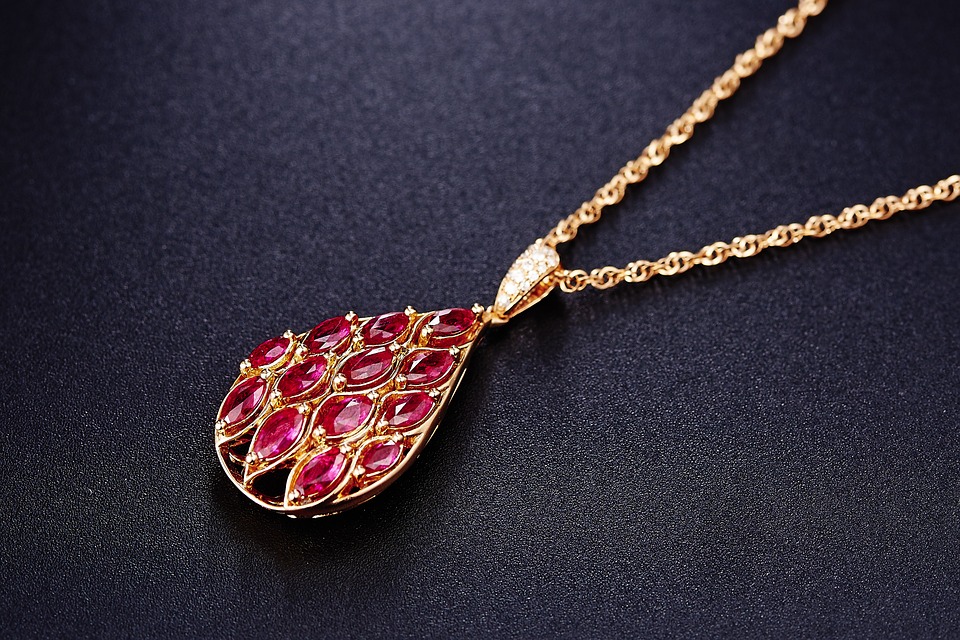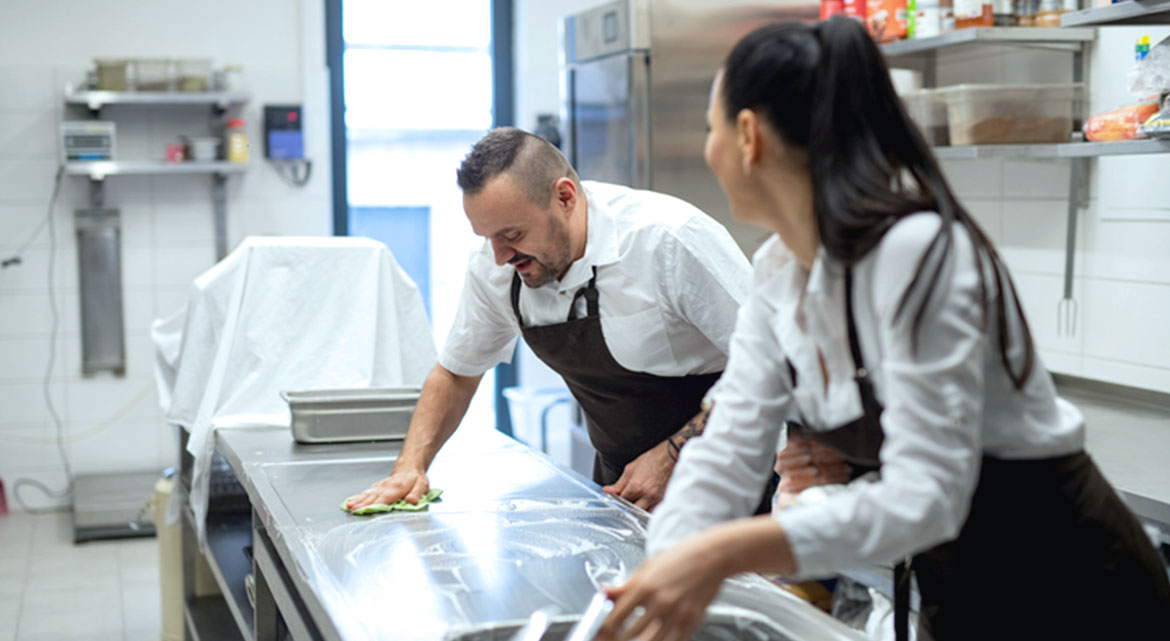What Lunch Program Ikoi no Kai Means to Portland’s Japanese Community
On a peaceful, cloudy Monday morning, a group of volunteers and patrons gathers in the basement of Epworth United Methodist Church in Southeast Portland to share a meal. This team fulfills just about just about every working day to cook dinner below, in a fluorescent-lit room that feels substantially like a quality-college classroom. Neon-coloured flyers and announcements address the whiteboards in the hallway entrance, while selfmade cards and crafts sit in plastic tubs alongside the partitions of the room. Tucked guiding the announcement board, a roomy industrial kitchen area is house to a assortment of big woks, baking trays, and shelves stocked with rice vinegar, soy sauce, and miso.
This is Ikoi no Kai, a volunteer-operate lunch system that has been serving mainly next- and third-technology Japanese Us residents for far more than 40 decades. In this kitchen, paid out cooks from the local community system and prepare bento packing containers stuffed with classic Japanese dishes like okonomiyaki and miso-marinated salmon, but also other classic Asian dishes like Thai khao person gai and Chinese mapo tofu. From Monday to Friday, they reserve time to cook lunch for the senior citizens and local community customers of the Japanese Ancestral Society, the organization liable for hosting this plan and retaining the bonds of the Japanese American group in Portland. They convene in the basement to love these foods, and when a month on Wednesday, volunteers package deal and deliver a food solely for homebound seniors.
On Mondays, chef Naomi Molstrom addresses the food right now, it’s presented on a significant plastic plate, crammed with warm grilled rooster and topped with a sweet sauteed scallion sauce. It is served alongside quick-grain rice and stir-fried potato and cabbage, as well as a mandarin, chickpea, and shredded carrot salad. Guests end their foods with banana cake and steaming environmentally friendly tea, served out of a diner-style mug.
Numerous of the people who get at Ikoi no Kai have known each and every other for most of their life. They’ll see each individual other a number of periods a week, and Ikoi no Kai is just 1 of numerous spaces where they acquire. Volunteer Cheryl Pomp is one particular of those people stalwarts, whose moms and dads dined at Ikoi no Kai increasing up, and attended the Methodist church it is housed in. “I constantly needed to volunteer but I was so hectic,” she states. “I explained to myself as soon as I retired I would, and now below I am.”
Other folks have chosen to volunteer here simply because their parents did, or mainly because they read about the system through phrase-of-mouth at the nearby temples and churches. Regardless of how they obtained right here, Ikoi no Kai has develop into a haven for them, a location to honor the previous and rejoice the present in excess of a thoughtful do-it-yourself meal.
:no_upscale()/cdn.vox-cdn.com/uploads/chorus_asset/file/23844140/ikoi_no_kai_wok.jpg)
In 1979, Ikoi no Kai was initial recognized as a protected area for first-era Japanese Americans to appear together immediately after Environment War II, in a time rife with discrimination from Asian People in america in the United States. With the absence of founded immigrant neighborhood groups in Portland, church buildings and temples proved to be crucial collecting spaces for the Japanese, and so Ikoi no Kai uncovered its household at Epworth. Ikoi no Kai was also component of a county-sponsored distribution level for Loaves and Fishes, a nonprofit dedicated to giving nourishment to homebound seniors, and furnished a massive part of the foodstuff.
Having said that, when the county stopped funding the system, just about a 10 years back, a grant from the Spirit Mountain Casino assisted the plan turn out to be impartial, and hence expanded to involve the larger Japanese American group. Now, it operates on a largely volunteer foundation, from these who assist bundle and provide the meals to donations by the Japanese American community and community organizations to retain the software functioning.
Chefs and volunteers get the job done collaboratively to make Ikoi no Kai take place, but Jeannine Shinoda is the conductor top the orchestra. Shinoda is a mixed-race third-generation Japanese American, and the present-day system director at Ikoi no Kai. An artist and architect by trade, Shinoda was elevated in Dallas and alongside the food items globe her grandparents owned a Chinese grocery keep in Sacramento even though she was developing up, and Shinoda even briefly ran her possess bento program during the pandemic.
She 1st found out Ikoi no Kai in 2019 through the Portland Japanese American Citizens League, who referred to Ikoi no Kai as “one of the very best unidentified eating places in Portland.” Whilst she was available a job on her initial check out, Shinoda did not officially enter the circle as a staff member until eventually substantially later. In early 2020, Shinoda had just lately been employed at Shizuku by Chef Naoko when dining establishments were compelled to close. When Ikoi no Kai was in need to have of assist through the pandemic, Shinoda stepped in. All over the COVID-19 pandemic, Shinoda has helped orchestrate meal deliveries to community associates with neighborhood Japanese dining places, which allowed volunteers and diners to remain at house. In-particular person foods have been halted until eventually August 2021, then the moment a lot more this earlier January through the 1st omicron surge. On reopening in February, Ikoi no Kai skilled a prosperity of new volunteers and patrons.
Due to the fact her arrival in 2020, and with the help of assistant Chika Saeki, Shinoda has brought new daily life to Ikoi no Kai by showcasing chefs’ foods on Instagram, collaborating with BIPOC farmers to supply create, and implementing for grants to continue serving meals affordably. “I started off the Instagram account, and a great deal much more outreach,” she says. “I started to get younger generations in below, folks in just the local community who have by no means heard of us ahead of but are more youthful and interested in Japanese society who are fourth-, fifth-technology or fifty percent Japanese, a quarter Japanese, who just went to Japan and definitely needed to be surrounded by that once again.” Shinoda has also been recording the oral histories of longstanding volunteers at Ikoi no Kai.
“As I’ve appear to this software, I have come to be so substantially additional interested in my own heritage and comprehension that,” Shinoda suggests.
:no_upscale()/cdn.vox-cdn.com/uploads/chorus_asset/file/23844141/Ikoi_no_kai_salmon_.jpg)
Quite a few in Portland’s Japanese American neighborhood opt for to acquire at Ikoi no Kai not only for the food, but for the area it presents for Nisei and Sansei (2nd- and third-era) citizens, as a lot of share connections to essential occasions in U.S. and Oregon background. For them, local community bonding areas like Ikoi no Kai enable them not just to celebrate the joys of their culture, but also to admit the traumas in their shared background that modified their people, houses, and life 80 years in the past.
In February 1942, President Franklin D. Roosevelt signed Government Get 9066, allowing the relocation of countless numbers of Japanese Us residents to prison camps for the following four yrs through Globe War II. As a result, the Portland Exposition Middle, which was then recognized as the Pacific Livestock Exhibition Centre, grew to become a relocation facility, where just about 4,000 detainees lived right before remaining forcibly moved to the Minidoka War Relocation Heart in Jerome County, Idaho.
When the Minidoka Relocation camp and dozens of many others closed in 1945, many Japanese inhabitants who returned to Portland came back again to nothing at all. Firms experienced been offered, households were absent, and remaining tensions among the citizens produced it really hard to regain these property immediately after the war.
Alfred Ono, a retired OB-GYN, is a more recent volunteer whose uncle was section of a Japanese language system in Fort Snelling, an Army language school intended to equip soldiers with Japanese language expertise to interrogate captured Japanese soldiers. “With his staying in Minneapolis, he sponsored our loved ones out of the Poston relocation camp in 1944 before the camp was closed,” he clarifies of his uncle. “That is how we ended up in Minneapolis.” Ono finally finished up in Oregon to show up at health-related faculty he went on to enable produce the youngsters of other Ikoi no Kai volunteers.
Although volunteers like Ono can trace their families’ migrations throughout the States to jail camps, other people like longtime contributor Joyce Kikkawa can discover their very own possessions in historical museums Kikkawa’s personal childhood toys are on show at the Japanese American Museum in Aged City, in particular an elephant that she took with her to the Minidoka War Relocation Middle. A translator and more recent patron named Yoko Gulde is even transcribing the oral background of the Yasui relatives Hood River-born law firm Minoru Yasui was arrested and fined $5,000 during the Japanese incarceration for intentionally violating the wartime curfew to check its legality.
“I experience like the persons in this article who are in their 70s, the 2nd and 3rd gen, had been deeply influenced by the internment,” Shinoda claims. “They have so significantly more of a common history and upbringing that these bonds are pretty deep for them. I feel that is one of the factors that is really specific about the folks who come below now. They’ve all absent to grade university with each other. They’ve long gone to significant school together. They’ve acknowledged each other since first quality.”
:no_upscale()/cdn.vox-cdn.com/uploads/chorus_asset/file/23844142/ikoi_no_kai_plating.jpg)
Right now in Oregon, quite a few of the Japanese Individuals who had been incarcerated as kids are at this time in their 90s. Some are homebound and not able to be at Ikoi no Kai in man or woman. For this cause, a month to month shipping provider accompanies the application, an addition initiated by Sharon Ogata. Ogata’s spouse and children runs Ota Tofu, and she had been offering foods to her very own uncle when the idea arrived to brain. Now, she visits after a thirty day period to guide the operation, generating above 100 foods with the assist of volunteers who prepare, offer, and produce them to senior citizens from Hillsboro to Portland metro and Gresham. Motorists will frequently accompany these seniors even though they consume, providing business through an if not isolating time in everyday living.
For Shinoda, the finest section about becoming at Ikoi no Kai is that anyone wishes to be there. “There’s so much joy here. There’s so considerably entertaining,” she claims. “When folks occur in the doorway, I have 12 volunteers who have preferred to be right here that day. They handle this like a occupation, but they handle it like a position simply because they have a great deal of pleasurable and they get to be with close friends.”
Ikoi no Kai operates Monday by way of Friday at 1333 SE 28th Avenue. To dine at Ikoi no Kai, you must contact or reserve in advance by using [email protected], and at 503-238-0775.








